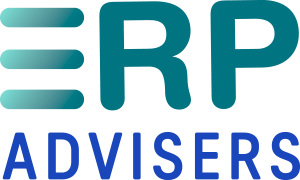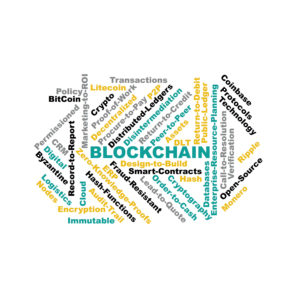Home | Using ERP to Prepare For the Post-COVID Economy
The COVID-19 crisis has impacted every industry across the globe. Many companies have pivoted faster than others, making operational changes to every element of their business. While governments navigate the re-opening of the economies in some areas, business are strategizing how to get on a path that will help them recover quickly when the time is right.
These businesses are faced with an interesting challenge, because ‘going back to normal’ simply isn’t going to happen. There will be a new normal, and that new normal will bring many opportunities for businesses to capitalize on if they plan properly. In order to be successful in the post-COVID economy, businesses must be agile. They must be ready to act quickly when laws, regulations, resource availability and demand spikes change. This will require a deep understanding of every part of the business so that whether a change affects the sales, marketing, finance, production or development department, every area is ready to pivot and take advantage of any opportunity that arises. Proper ERP is critical to developing this type of agility.
This is why.
Setting the foundation
ERP sits at the centre of a business and bring together its value chain. By tracking, amalgamating and analyzing every element of the business, ERP provides data-driven insights that give decision-makers the visibility into business operations needed to understand what is happening today, what can/will happen tomorrow, and set the stage for years of success.
Responding faster
Cloud-based ERP gives business stakeholders all the information they need about what is currently happening within the company to make decisions around its future processes, operations and agility. It helps them understand all the intricacies occurring behind-the-scenes in the business, where the risks lie, which resources or inventory is needed, plus it gives them access to these insights all day, every day. It also provides the ability to analyze information to learn from past mistakes, understand the current business environment that they’re operating in, and look for opportunities that may not have been visible otherwise.
Imagine knowing which areas of the supply chain will be impacted by a pandemic or any other major crisis. What if, pre-COVID, the decision-makers at Clorox or Lysol had known about the pending demand for their cleaning wipes? How would things have changed? A proper, cloud-based ERP system could make this possible.
Feel free to reach out with any ERP software, implementation or business technology needs. ERP Advisers are open to help you and your business thrive in any economy.









